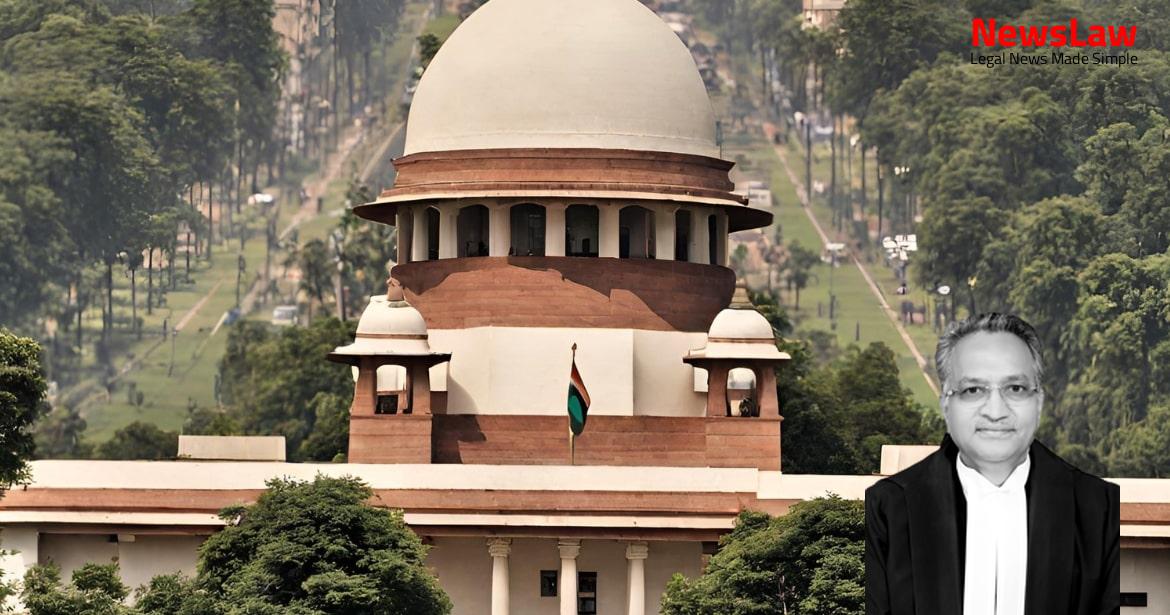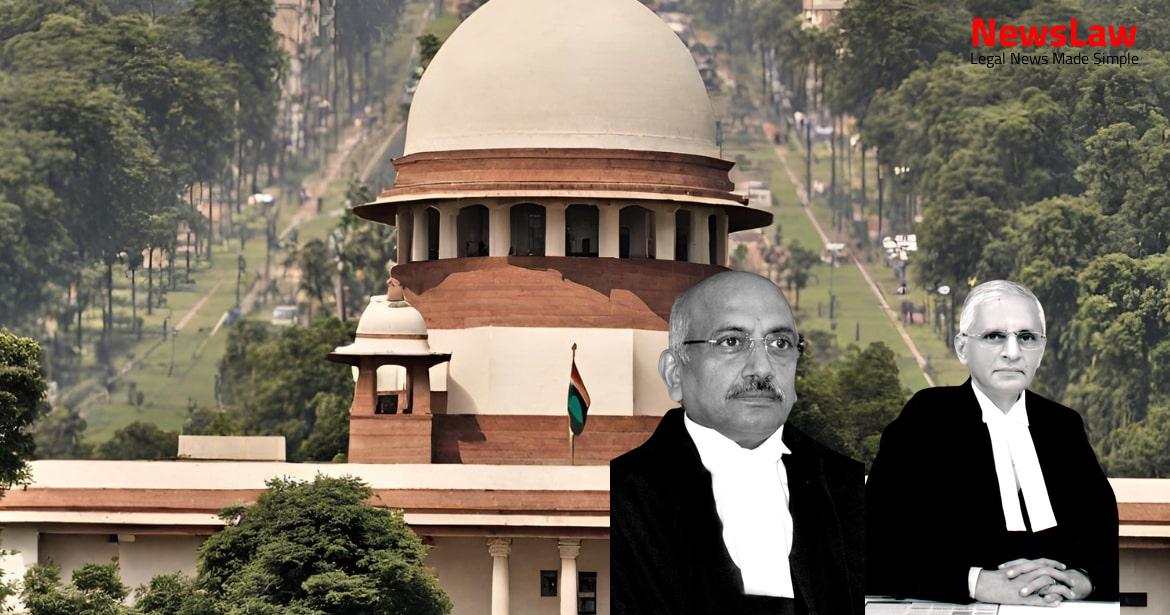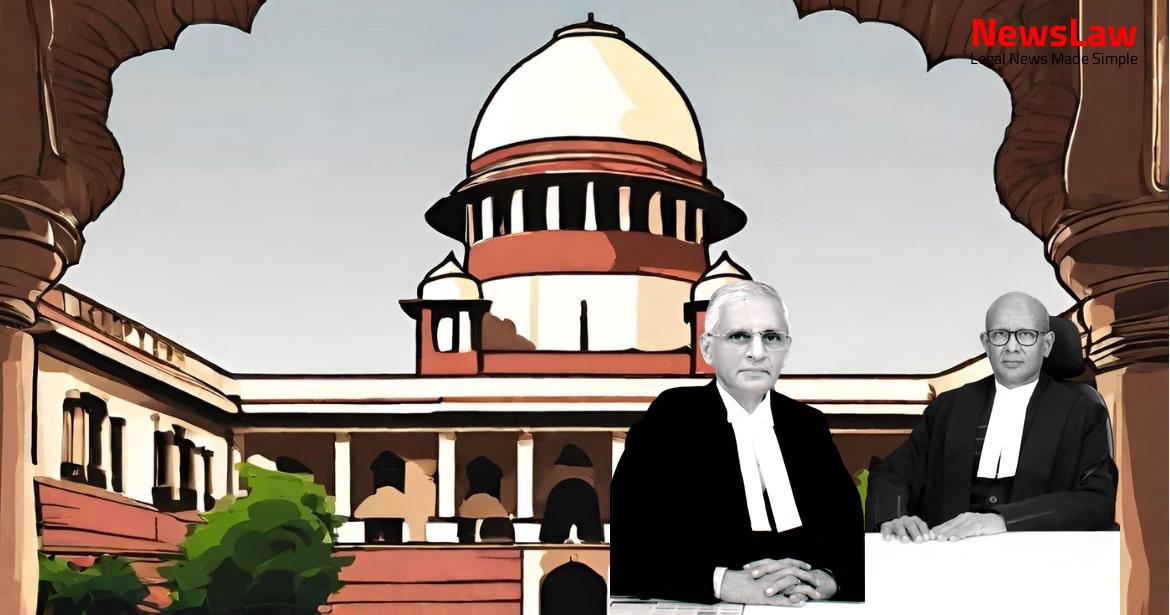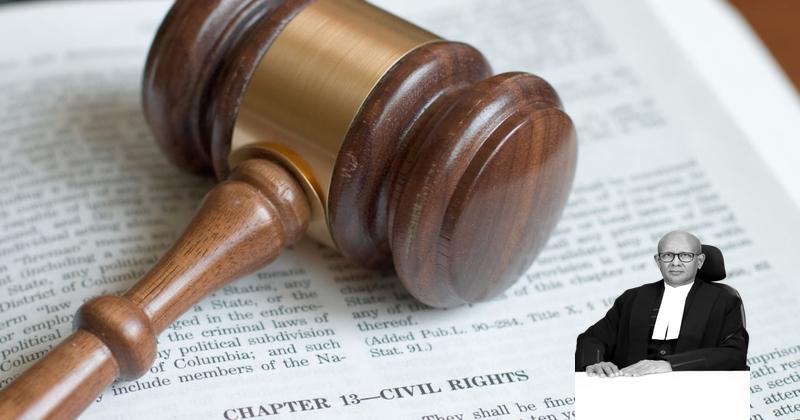In the case of Netram Sahu vs State of Chhattisgarh & Anr, the Supreme Court of India made a crucial judgment regarding a gratuity claim dispute. The Court’s decision shed light on the interpretation of employee rights and entitlements in such cases. Stay tuned to learn more about the key details of this landmark ruling.
Facts
- Relief of gratuity set aside by the Court
- Decision made by the Court to not grant gratuity under the 1972 Act
- Regularized Mazdoor without qualifying service not entitled to gratuity
Also Read: Land Acquisition Challenges for Integrated Infrastructure Project
Analysis
- The High Court of Chhattisgarh, Bilaspur interpreted the definition of “employee” in the Payment of Gratuity Act, 1972.
- The High Court concluded that the provisions of the 1972 Act do not apply to individuals holding a post under the State Government and governed by other Acts or Rules.
- Reference was made to the case of Netram Sahu vs State of Chhattisgarh & Anr. where a similar issue was addressed.
- It was noted that the Court in Netram Sahu case did not consider any provision that would disentitle the appellant from claiming gratuity for long and continuous service period.
- The Court mentioned a previous decision of Executive Engineer CNNL vs The Deputy Labour Commissioner & Appellate Authority, Bangalore regarding gratuity payment.
- It was pointed out that certain service Rules applicable to individuals holding a post were not brought to the notice of the Court in the Netram Sahu case.
- A conflict in principle was highlighted between the cases of Teja Singh and Netram Sahu regarding the status of daily-rated employees.
- The 1972 Act, Section 2(e) clearly states that if a person holds a post under the Central or State Government and is governed by any other Act or rules for gratuity payment, the 1972 Act does not apply.
- The appellant was regularized in 1986 and superannuated in 1989, falling under the 1976 Rules for pension and gratuity.
- Rule 3(i) of the 1976 Rules defines gratuity to include ‘Service Gratuity’, ‘Death-cum-Retirement Gratuity’, and ‘Residuary Gratuity’.
- Regulation of claims of pension/gratuity or family pension is covered under Rule 5 and Rule 13 of the 1976 Rules.
- The service of a Government servant does not qualify unless his duties and pay are regulated by the Government or under conditions determined by the Government.
- Rule 16 allows for the counting of service on a contract for a specified period.
- The matter at hand involves a consideration of the exposition by a coordinate Bench of two Judges in the unreported decision of Teja Singh
- Instead of deciding solely based on rules, the court deems it appropriate to refer the issue to a larger three-Judge Bench for consideration
- This decision is based on the need to observe judicial propriety and to adhere to the earlier judgment
Also Read: Legal Interpretation of Mortgage Validity in Auction Dispute
Decision
- Registry directed to place the file before the Chief Justice for constitution of a larger Bench
- This pertains to a specific matter under consideration
- Decision to be made by a larger Bench for further proceedings
Also Read: Interpretation of Provisions in the 1946 Act: Jurisdiction of the CBI
Case Title: DHANSAI SAHU Vs. THE STATE OF CHHATTISGARH (2020 INSC 74)
Case Number: C.A. No.-000564-000564 / 2020



